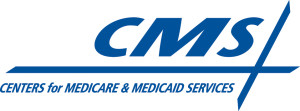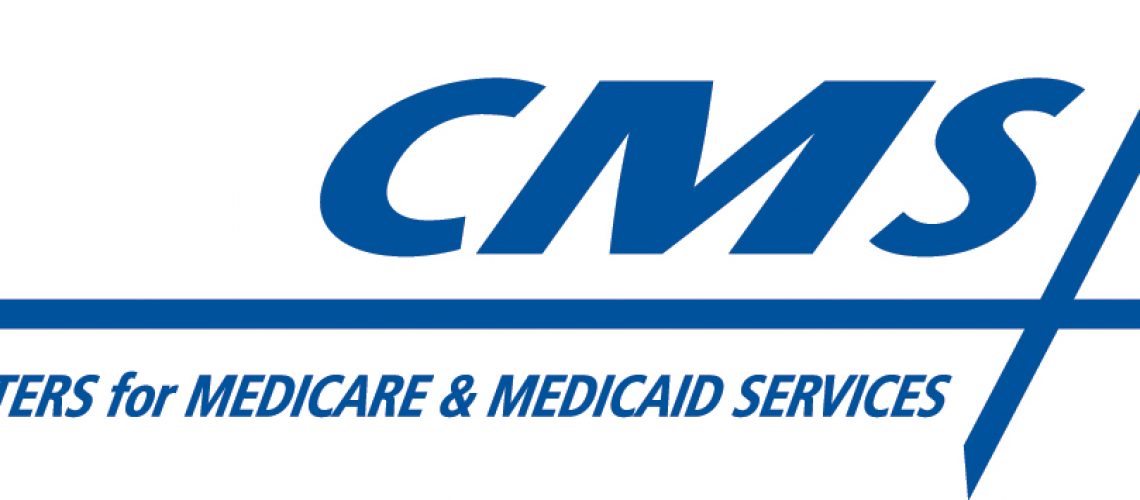 Faced with withering criticism, CMS officials are asking for ideas on how to design a new payment system for treating Medicare patients who need only a day or so in the hospital.
Faced with withering criticism, CMS officials are asking for ideas on how to design a new payment system for treating Medicare patients who need only a day or so in the hospital.
The issue has turned into an administrative mess for the CMS, with billions of Medicare dollars at stake flowing to thousands of hospitals and doctors. Last October, Medicare implemented a new rule to clarify that patients needed two nights in the hospital to qualify for inpatient-hospital rates, but that so-called “two-midnight” rule has become more controversial than the old system.
Now CMS is sending signals it may ditch the two-midnight policy for short hospital stays.
On Tuesday, CMS Deputy Administrator Sean Cavanaugh told the House Subcommittee on Health that the agency is interested is soliciting public comments about alternative payment systems that could define hospital short-stays precisely and consistently. “We look forward to working with the Congress and others to find a path forward that achieves our shared goals,” Cavanaugh told the committee. New ideas include setting new per-day rates or capping inpatient costs for some services.
The central problem is that many Medicare patients could technically qualify for inpatient or outpatient care, depending on how the admitting physician interprets the medical evidence at hand. The decision carries huge financial consequences for hospitals, which stand to collect three times more money for inpatient care than outpatient observation.
The classic example is a beneficiary who arrives at a hospital emergency room with chest pains. One hospital could admit the patient for inpatient care, while another could hold him in the hospital for outpatient observation and testing. Although the services and lab tests would be similar if not identical, inpatient payments for short-stay inpatient care average $5,142, while outpatient observation payments average $1,741.
The House Health Subcommittee heard testimony Tuesday that the differing payment rates have resulted in a system where some hospitals admit short-stay inpatients vastly more often than others. HHS Regional Inspector General Jodi Nudelman told the committee that some hospitals attribute 70% of their entire inpatient base to short-stay admissions, while others admit short-stay patients less than 10% of the time.
The two-midnight rule was supposed to cut through the uncertainty by declaring that an admitting physician needs to have documented reasons for believing, at the time of admission, that a patient will need two nights in the hospital in order to justify full inpatient rates. That led to criticisms that the rule was arbitrary and overly bureaucratic.
“The two-midnight rule does not distinguish between clinical populations because it is a time-based policy with no basis in sound clinical judgment,” Dr. Ann Sheehy, a hospitalist and academic at the University of Wisconsin, testified at Tuesday’s hearing. “The time of day a patient gets sick, not different clinical needs, may determine a patient’s hospital status and insurance benefits.”
Faced with mass confusion and outcry, the CMS twice delayed the deadline for when hospitals could be targeted by recovery auditors for violating the two-midnight rule, but that wasn’t enough. So, in March, Congress inserted language into a law that forced the CMS to delay recovery auditing for short-stays until March 2015. (Confusingly, another group of companies known as Medicare administrative contractors will continue auditing a limited number of short-stay claims for compliance with the two-midnight rule.)
On Tuesday, Cavanaugh said the CMS was considering rolling out a new way to define and pay for hospital short-stays, as announced this month in the more than 1,600-page Inpatient Prospective Payment Rule for 2015, which would go into effect in October.
One potential solution could be modeled on the per-day payment system already in place for patients who transfer from one hospital to another during their episode of care. Cavanaugh also noted that the CMS is asking for comments on whether the payment rates for some inpatient services should be capped at the outpatient rate for the equivalent service.
“We welcome input on these and other issues relate to a potential alternative payment methodology for short inpatient hospital stays,” he said.
——————————————————
Prepare For The Medical Coding Certification Exam Here!
Originally published on: Modern Healthcare
Follow Medical Coding Pro on Twitter: www.Twitter.com/CodingPro1







